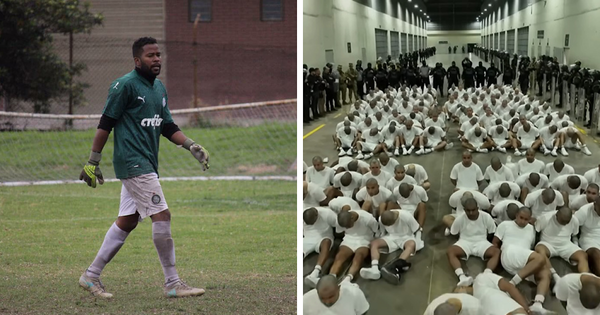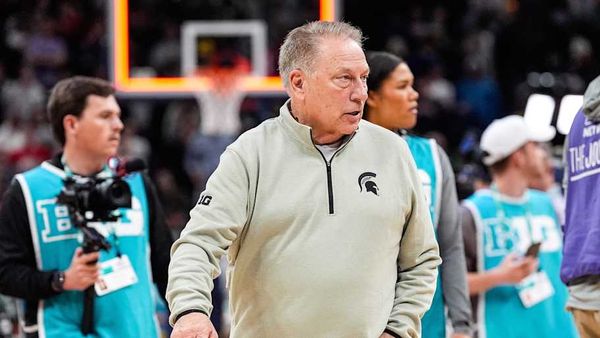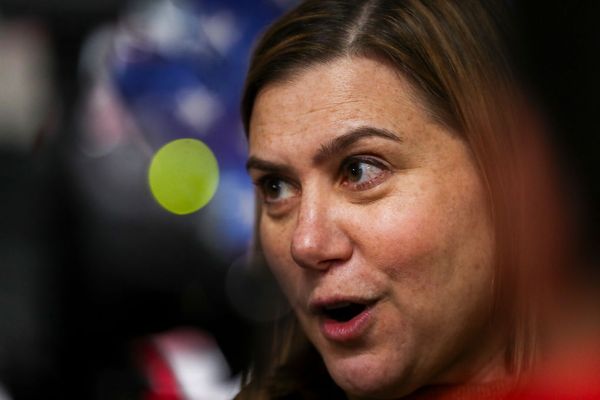It's one thing to win an Olympic gold medal. But what Dara Torres has accomplished is even more remarkable.
An elite swimmer, Torres has won 12 medals over her Olympic career. She holds the record as the oldest medalist in an individual swimming event, thanks to winning silver in the 2008 Olympics when she was 41.
Her triumphs began in her teens. After breaking the world record in the 50-meter freestyle in 1983, she qualified for the 1984 Olympics — where she won her first gold medal at age 17.
She didn't stop there.
Keep Striving Like Dara Torres
Torres is among the few Olympians to earn medals in five different Games: 1984, 1988, 1992, 2000 and 2008.
Careful readers will notice gaps in those dates. Following the 1988 Olympics, Torres retired. But after graduating college in 1989 and battling bulimia as an undergrad, she decided in 1991 to train for the Olympics again and wound up winning a gold medal in 1992 in the 4 x 100-meter freestyle relay.
At 25, she was already considered old for her sport. Her Olympic teammates called her "Grandma."
Little did they know Torres would mount a second comeback in 1999 and qualify for the 2000 Olympics. For seven years, she hadn't even swum laps.
Maintain Your Drive
Yet at 32, the drive to compete resurfaced. She not only earned a spot on the Olympic team but won five medals in Sydney.
She again stopped competing. But by 2007, her third comeback proved particularly sweet. She made history winning three silver medals in the 2008 Games at age 41 — just two years after giving birth to her first child.
Like many top Olympians, Torres is ultracompetitive. She has learned to harness that competitive fire.
"It can work for you or against you," said Torres, 57. "I've had to control it or it can get out of hand. Everything was a competition to me, like walking faster than the person near me on the sidewalk. As I got older and having a kid, you learn that everything doesn't have to be a race."
Torres: Conquer Your Demons
During her freshman year at the University of Florida, Torres was a standout swimmer — the world record holder in the 50-meter freestyle. She was also developing an eating disorder.
"My bulimia started in my first year of college," she recalled. "For five years, it was such a dark secret. I struggled with my mental health, and my swimming was suffering."
The turning point came in early 1991 during a consultation with a physician. When the doctor asked if she ever made herself throw up, Torres said no.
"Right after the appointment, I called back and told her I had lied," Torres said. "The doctor then connected me with a psychiatrist."
Take On Your Fears
The therapy didn't fix the problem instantly, but it set her on the right path. She made incremental gains and started training for the 1992 Olympics.
"It took me seven years until I didn't have a fear of food anymore," she said.
Reflecting on her long swimming career, Torres traces her progression from immature teenager to wise veteran.
"When I was young, I was a natural athlete, but undisciplined," she writes in her autobiography, "Age is Just a Number." "In my prime the pressure of performing up to other people's expectations sometimes got the better of me. Now that I was older, I felt capable of making the most of my talent."
Starting in 2000, she began practicing her swimming with more focus and taking better care of herself.
"I've learned that listening to your body is so important," she said. "With my third comeback in 2008, I said, 'I can't do double workouts.' I can't do what I used to do."
Begin A New Chapter
Torres credits her longevity as an Olympian in part to her commitment to wellness and knowing herself. Self-awareness enhanced her performance in the pool.
In 1999, her swimming coach, Richard Quick, arranged for her to get tested to determine her preferred learning style. She discovered that she's a visual learner.
"That's when I realized if you need me to improve, you need to show me," she said. "Let me see it and I'll do it."
Since then, Torres has developed a heightened appreciation for the differences in how each person learns. This comes in handy in her current job as head swimming and diving coach at Boston College.
"Richard Quick said that on a four-person relay, you have four different personalities," Torres said. "You can't (instruct) each person in the same way on how to swim," so tailoring your message is crucial.
Share Your Lessons Like Torres
As a coach, Torres customizes her approach to each student. She observes them closely and adjusts her communication style as needed.
"You can tell if they're really listening and paying attention or rolling their eyes," she said with a laugh. If she senses that they're not fully present, she may modify her voice tone, nonverbal cues or word choice to forge a stronger connection.
"Dara is a good communicator," said Reggie Terry, senior associate athletic director at Boston College. "She can identify what she likes and doesn't like and talk through what needs to happen to get the desired result."
He lauds her pragmatic problem-solving skills as a key to her effectiveness as a coach.
"With Dara, it's 'Here's the problem. This is how we solve it,'" he said. "She has a vision of where she wants to go and she has the work ethic to get there."
Cope With Losing
Soon after she was hired at Boston College in June 2024, Torres and Terry debated next steps.
"She wanted to take the team on a training trip," Terry said. "I just thought it was a bit too much as she transitioned into her new role."
He was also reluctant to sign off because it would involve raising a substantial amount of money to fund the trip. "But she raised the money in less than a month, and it's all set for January," said Terry, who's now on board.
Perhaps the most dramatic moment of Torres' Olympic career came in 2008. In the 50-meter freestyle race, she finished just one one-hundredth of a second behind the winner. She accepted her silver medal with grace.
"The night before, I watched Michael Phelps win a gold by one one-hundredth of a second," Torres said. "I thought, 'That poor guy who got beaten.' The next day, it happened to me."
How did she cope with such a near-miss of winning her fifth gold medal?
"For 48 hours, I was beating myself up trying to figure out how I lost," she said. "But on my 17-hour flight home from Beijing, I sat there thinking, 'I gave it everything I had.' You can't be upset at yourself if you've given it everything you had."
Dara Torres's Keys:
- Won 12 Olympic medals over five appearances in the Games — four gold, four silver and four bronze — including three silver medals at age 41.
- Overcame: An eating disorder that adversely affected her swimming career.
- Lesson: "People ask me all the time what it takes to wage a successful comeback. And I have a simple answer: You have to want to keep winning, and to want it badly."







